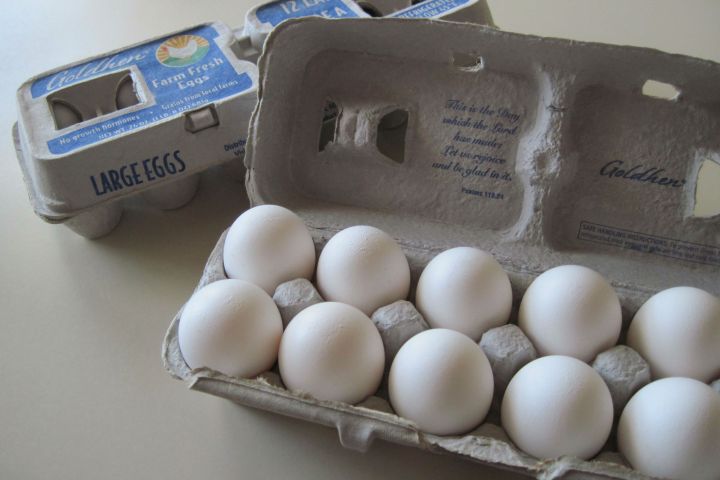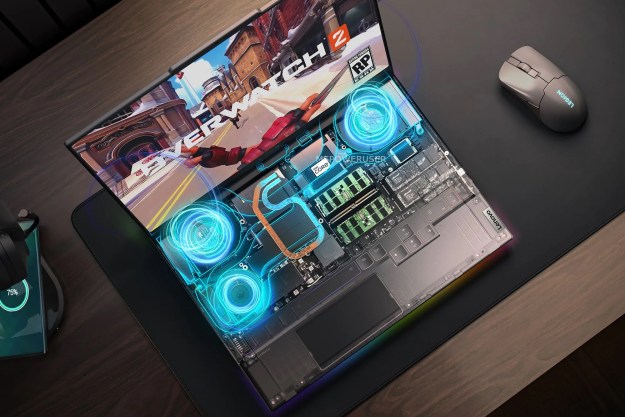
But Google just might have a solution for disgruntled egg consumers. According to recently released patent filings, Google seems to want to solve the problem of broken eggs once and for all, or to ensure its Google Express grocery delivery customers don’t open up their grocery bags to find yolk all over the carton.
So what is the secret to Google’s egg carton patent? It might be an insert made up of interconnected domes that keeps the eggs from moving while they are resting in the carton. Each dome is ideally sized to cup the top portion of an egg and the insert itself can be placed directly into the egg carton, with each dome corresponding to one dimple of the carton. When the insert is placed into a carton full of eggs, the carton should be able to close securely.
In addition to the insert, Google also outlined a special carton packaging that should keep the eggs doubly secure. The cruciform sheet is sized such that it wraps tightly around the outside of the carton, bound by flaps at the top and bottom and secured with tabs on the sides. With the carton resting in this special packaging, the eggs would theoretically move around less while traveling from point A to point B.
Google Express was publicly launched in September 2013. Since then, the search engine giant has found competition in other grocery delivery services such as AmazonFresh, Instacart, and Shipt. But if Google Express can guarantee its eggs arrive at your doorstep without so much as a single crack, that just might put them above the competition.
Interested in giving Google Express a try? Membership is free, and you can shop from all different retailers, including Costco, Target, Overstock, Walgreens, and more. Shipping is free as long as you reach the minimum purchase requirement, which for most stores is between $25 and $35.
Editors' Recommendations
- Google quietly launches a new text-to-video AI app
- Samsung’s new OLED gaming monitor might have a problem
- Google might finally have an answer to Chat GPT-4
- Watch out: Google Drive may have lost months of data
- Google’s new AI model means the outlook for weather forecasting is bright


